Today we have a post from one of our therapists, Natalie Smoot. Here’s a bit more about Natalie…
Natalie’s aim in counseling is to establish a secure and open environment where candid conversations can take place. She places a high value on assisting clients in recognizing their inherent worth, nurturing self-compassion, and embracing their bodies through the Health at Every Size perspective. Natalie advocates for the healing process that unfolds when negative core beliefs are unraveled when fears (both internal and external) are confronted, and when choices are made to enhance one’s well-being. Her objective is to inspire clients to shed distorted notions about food and diet culture while collaborating with them to discover serenity and completeness. Expect sessions with Natalie to be characterized by empathy, motivation, humor, and straightforward dialogue.
Please enjoy this post from Natalie…
Obsessive-compulsive disorder— the mental health diagnosis with a challenging stigma, even within the mental health community. This diagnosis is thrown around society as a simple cleaning or organizing problem… even with people exclaiming “oh I wish I had OCD so I could get my house in order!” In the mental health community it can also be downplayed as anxiety or magnified to a psychotic disorder, which are common areas of misdiagnosis. The misconception seems to stem from a lack of understanding and knowledge of what OCD actually is. Let’s talk about challenging the stigma of OCD and why getting the right diagnosis is crucial.
- It will help explain things so much better when the diagnosis feels accurate. When you go see a doctor for a sore throat and you walk out with a general “common cold” it can feel frustrating when you know there’s something more to it. You may go see another doctor who does a different test and finally you discover it was acid reflux the whole time! Unfortunately, it is often that mental health professionals aren’t well versed with OCD, whether that be lack of training in school or just not actually witnessing it firsthand. Because of this, the right testing or question asking doesn’t happen…creating a misdiagnosis that just doesn’t seem to be right. Once you meet with someone who actually can name it and explain it accurately, it can be so relieving and helpful because…
- Treatment! The way OCD is treated is generally different than how you would treat some of the common misdiagnoses. Some forms of therapy may be helpful or relevant, like CBT or ACT, but ideally your care provider will implement Exposure Response Prevention or ERP. This is labeled the “gold standard” of treatment for OCD. Once the right form of therapy has been initiated, it’ll lead to…
- Healing. It is important to build trust with your therapist or medication provider. As mentioned above, OCD often gets misdiagnosed and that can create tension within the therapeutic relationship and lead to feeling “stuck” or burned out. This will delay the treatment and healing process, and after seeing several providers, may even discourage people from seeking appropriate care and support. Having the trust within your care team will lead to some amazing work being done and hopefully get you to a place where you feel like yourself.
To learn more about OCD and what it really look like, please refer to this website for accurate information: https://iocdf.org
Here’s an affirmation to use when you need it…
“I am committed to understanding my needs and advocating for the most effective treatment.”
Don’t be afraid to keep advocating for yourself! It is exhausting, but getting the right help will be life-changing.
Stay hopeful,
Natalie
We hope you found Natalie’s insights on understanding more about obsessive-compulsive disorder helpful. If her message resonated with you, this could be the perfect time to take meaningful steps toward your healing and peace. To initiate your work with Natalie, please feel free to call our office at 615.510.3797 or click here to learn more.





